Call to Action
Sustainable Aquaculture and Mangrove Restoration

“Enhance mangrove restoration, promote sustainable aquaculture and revise coastal zoning to foster a balanced approach to coastal management, ensuring economic growth, environmental sustainability, and the well-being of local communities.”
Why this is important
Coastal zone communities depend on coastal ecosystem services for their livelihoods. Clam and shrimp farming along delta coastlines takes place on areas that have shifted from common land to private ownership. Revised coastal zoning, assigning coastal areas into zones for different purposes, can enable multiple users to benefit from the coastal region in sustainable ways.
Tidal ecosystems are degraded due to chemical pollution from aquaculture, agriculture, industry, and urban areas. Industrial activities also elevate water temperatures, further stressing these ecosystems.
Privatisation has detrimental effects on local communities who used to rely on accessing common land for their livelihoods. Privatisation is also affecting the condition of mangrove forests (including density, extent, and diversity), thereby affecting food security.
In both the Red River and the Mekong River deltas, privatization means many former shrimp and clam farmers are now excluded from coastal lands they previously could access freely. The result is an increase in social inequality.
Restored mangrove forests in the Red River Delta are typically monoculture and have little structural diversity (trees are of a similar age and are regularly spaced). These factors mean that the mangroves are not optimal for delivering ecosystem services including coastal protection from storm surges.
Priorities and steps
Researchers, local, regional and national governments agencies, civil society organisations, private sector actors and local communities should work together to:
Enhance mangrove restoration by monitoring and recognizing local environmental values.
Promote sustainable aquaculture and target higher-value markets for shrimp and clams.
Revise coastal zoning to sustain local communities and natural landscapes.
Want more information?
Check out our Outputs pages to access more information about what we do and who we work with via a series of informal blogs and other resources, videos, books and booklets and policy briefs. Here you can also easily access our Hub publications in academic journals as well as a series of mid-project case studies.
